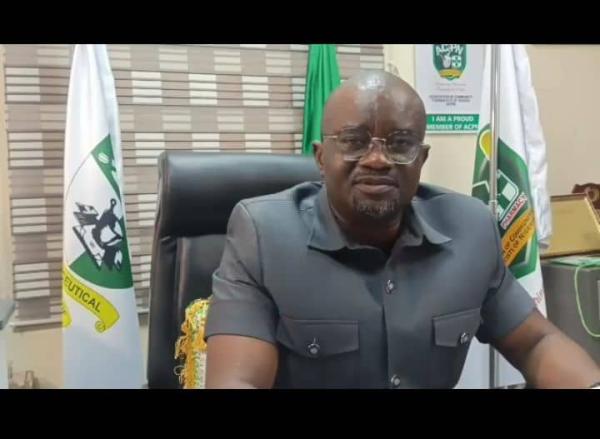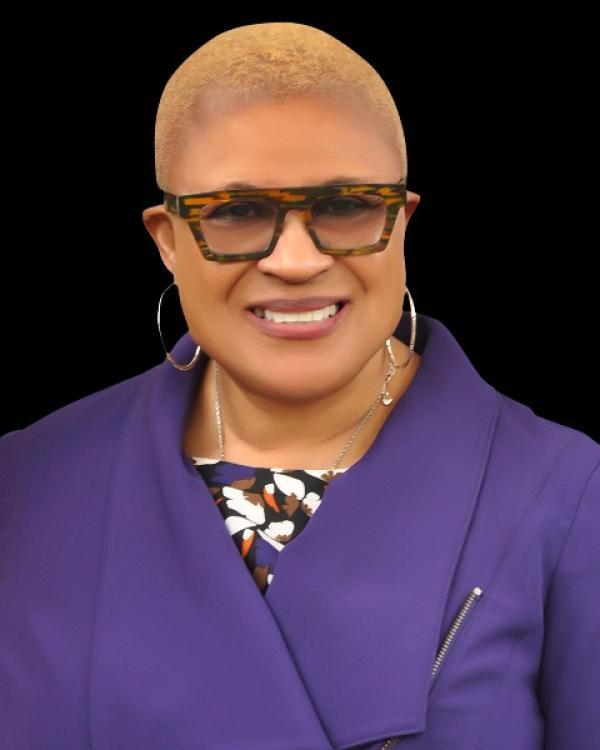
Pharm. Ezeh Ambrose Igwekamma, National Chairman of the Association of Community Pharmacists of Nigeria (ACPN), on June 26, 2025, which signifies the International Day Against Drug Abuse and Illicit Trafficking, made an urgent call to action for coordinated efforts to combat the growing menace of drug abuse in Nigeria from his office in Abuja.
“Today, we join the global community to raise awareness of the devastating impact of drug abuse and illicit trafficking on individuals and communities,” Ezeh stated. The 2025 theme, "The Evidence is Clear: Invest in Prevention," aligns with the ACPN's vision to shift focus from reaction to prevention, particularly within communities that face a high prevalence of substance abuse, especially among youth.
For over a decade, the ACPN has actively worked to create awareness about drug abuse through national competitions aimed at educating secondary school students about its dangers. Ezeh emphasized that “Every tablet sold without prescription, every codeine cough syrup diverted, and every hard drug traded illegally is not just a crime—it is a threat to our collective future.” He noted that drug abuse fuels not only health issues but also significantly contributes to crime, family breakdown, and hinders national development.
Ezeh's address resonates with a poignant letter from a student participant in the ACPN competition, which highlights the prevalence of drug abuse across Nigeria. The letter described how “no corner of our country is immune to its grip,” pointing to the easy availability of illicit substances facilitated by Nigeria's porous borders and inadequate law enforcement. It also underscored societal influences such as peer pressure, low self-esteem, and negative portrayals of drug use in media that glamorize substance abuse.
Addressing these concerns, Ezeh called upon all stakeholders—government, civil society, security agencies, religious leaders, educators, and parents—to heighten their roles in prevention, education, early intervention, and rehabilitation. He listed several critical action points to contribute to a drug-free Nigeria:
1. Strengthening the Regulatory Environment: The ACPN urges relevant agencies to enforce stricter controls on the distribution and sale of controlled substances to prevent them from entering the illicit market.
2. Empowering Community Pharmacists: Community pharmacists should play a key role in identifying early signs of drug misuse and providing valuable counseling, referrals, and rehabilitation support. Additionally, they must be involved in education programs at schools and grassroots levels.
3. Public Health Campaigns: The ACPN will continue its efforts to raise awareness across communities about the dangers of drug abuse.
The student’s letter echoed similar sentiments, advocating for nationwide public education campaigns and rehabilitation projects to support youth struggling with drug abuse. It also called for stricter laws against the illegal production and distribution of drugs.
Ezeh concluded his speech with a firm commitment: “The ACPN stands ready to protect our communities. Together, we can foster a healthier, drug-free Nigeria.”
As Nigeria faces increasing challenges from drug abuse, the collaboration between community pharmacists, government, and civil society will be crucial in tackling this issue head-on, ensuring that the next generation has the resources and support necessary to thrive free of the shadows of substance abuse.






















